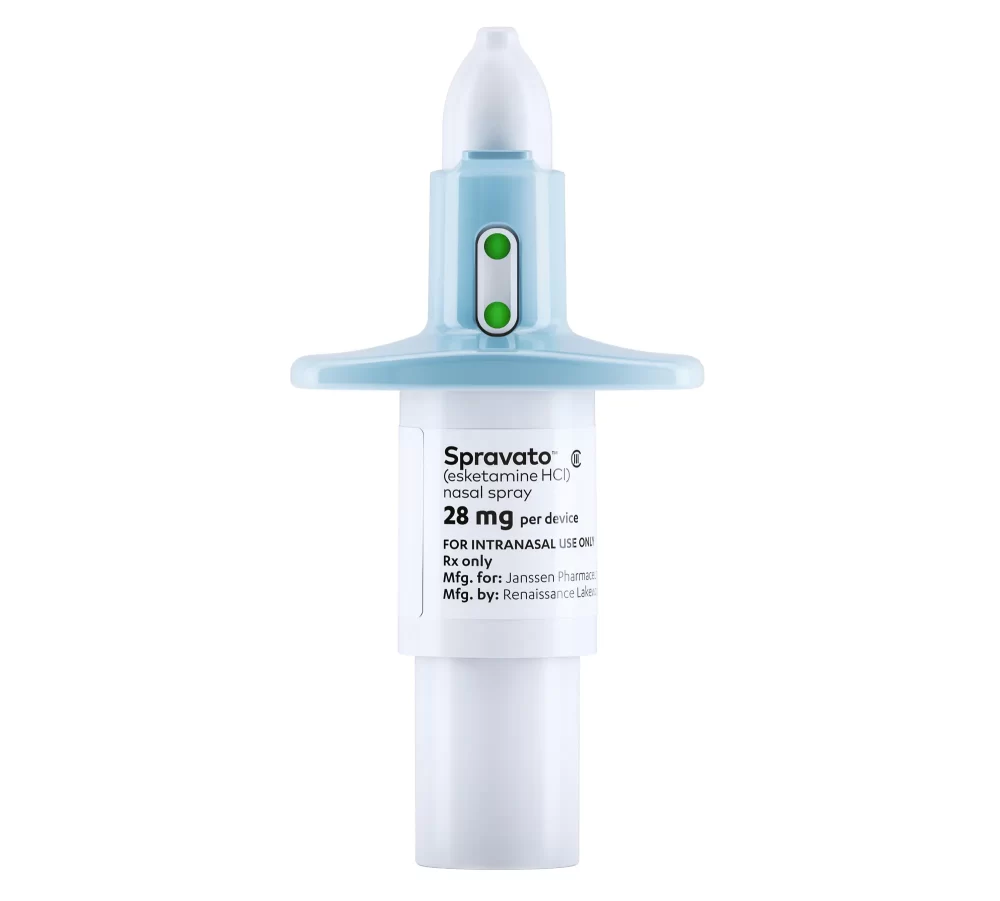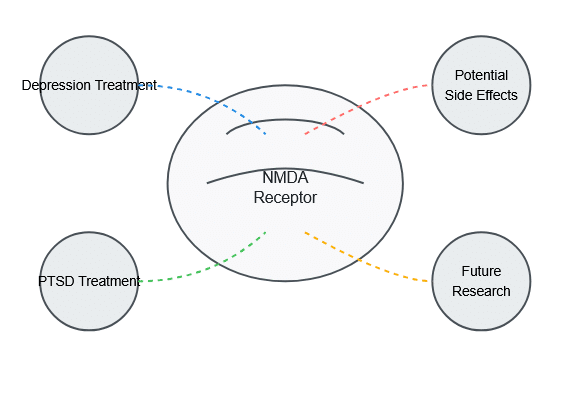In a recent report from the University of Arizona Health Sciences, researchers at the Comprehensive Center for Pain & Addiction are working to bring opioid use disorder (OUD) treatment into the mainstream of healthcare. Their efforts focus on expanding access to medication-assisted treatments and normalizing OUD care within primary care settings.
## The Current State of OUD Treatment
Despite the availability of effective medications for opioid use disorder (MOUD), these treatments remain underutilized due to various factors, including:
1. Historical stigma
2. Policy restrictions
3. Lack of provider education and training
Dr. Beth Meyerson, policy director for the Comprehensive Center for Pain & Addiction, emphasizes the importance of viewing OUD treatment as primary care. She states, “Access to evidence-based standard-of-care treatment for opioid use disorder will reduce opioid overdose deaths by 60% – some studies document 80% reduction.”
## Medications for Opioid Use Disorder (MOUD)
Three FDA-approved medications are currently available for OUD treatment:
1. Methadone: A full agonist, highly effective but strictly regulated
2. Buprenorphine: A partial agonist, effective and safer with lower abuse potential
3. Naltrexone: An antagonist, used to prevent relapses
Buprenorphine, in particular, has shown promise in expanding access to care due to its safety profile and ability to be prescribed in office-based settings.
## Historical Context and Policy Changes
The article traces the history of OUD treatment, highlighting key milestones:
– 1914: Harrison Narcotics Act discouraged physicians from treating addiction with opioids
– 1972: Methadone approved for OUD treatment, but with strict regulations
– 2002: Buprenorphine approved for OUD treatment
– 2018-2023: Various policy changes to increase access to MOUD, including the removal of waiver requirements for practitioners
## Challenges in Access to Care
A “secret shopper” study led by Dr. Meyerson in 2022 revealed significant gaps in access to care:
– Only 36% of government-listed providers were actually providing MOUD
– 91.2% of Arizona doctors who could prescribe buprenorphine were in urban areas
– 26% of providers were not accepting new patients
These findings highlight the need for continued efforts to expand access, particularly in rural areas.
## Moving Forward: Education and Policy
The University of Arizona is taking steps to address these challenges:
1. Offering pain and addiction medicine fellowships
2. Training residents to identify and manage OUD
3. Studying the likelihood of future primary care providers prescribing MOUD
Dr. Maria Manriquez, Phoenix branch director of the Comprehensive Center for Pain & Addiction, emphasizes the need for continued advocacy: “We need to work with our legislators to amend laws and regulations, increase funding for pain and addiction research, and expand access to treatment options.”
## Conclusion
By normalizing OUD treatment within primary care settings and expanding access to MOUD, the University of Arizona Health Sciences researchers aim to significantly reduce opioid overdose deaths and improve overall care for individuals with OUD. Their work represents an important step towards addressing the ongoing opioid crisis in the United States.
Information for this article found via an online publication with the Arizona University Health Department and experts:
Beth Meyerson, MDiv, PhD
Policy Director, Comprehensive Center for Pain & Addiction, UArizona Health Sciences
Professor, Family and Community Medicine, College of Medicine – Tucson
Director, Harm Reduction Research Lab, Family and Community Medicine, College of Medicine – Tucson
Maria Manriquez, MD
Phoenix Branch Director, Comprehensive Center for Pain & Addiction, UArizona Health Sciences
Professor, Obstetrics & Gynecology, College of Medicine – Phoenix
Physician Lead, Pain and Addiction Medicine Curriculum, College of Medicine – Phoenix
Director, Pathway Scholars Program, College of Medicine – Phoenix



